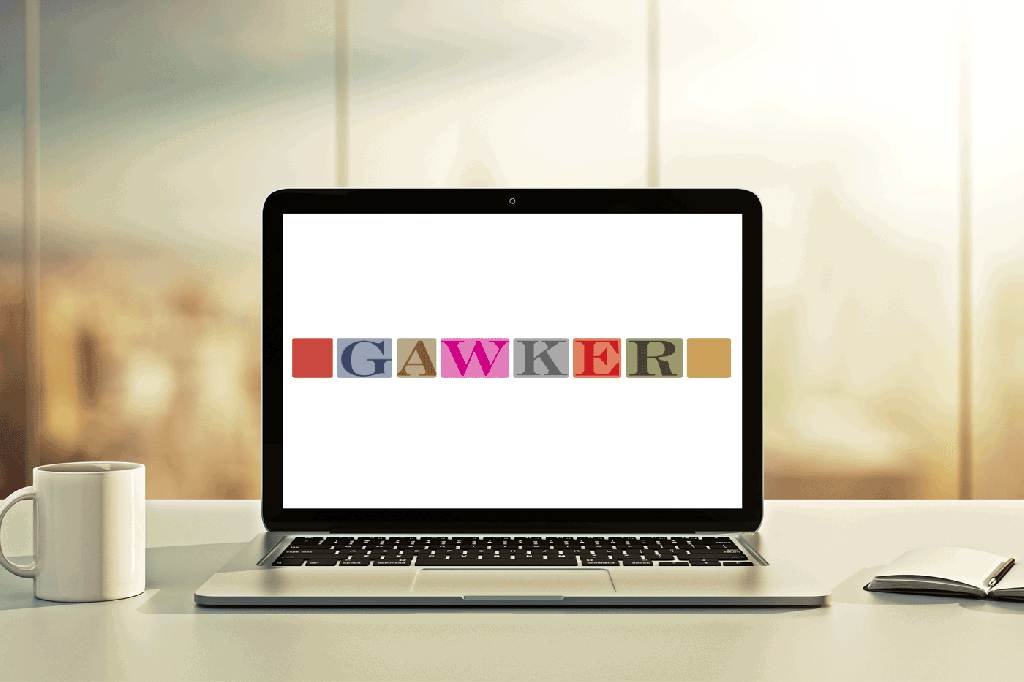3Qs: Gawker case sets a ‘dangerous precedent’

 Gawker’s problems began in October 2012, when the gossip site ran a portion of a sex tape featuring wrestler Hulk Hogan, which Hogan claimed violated his privacy and infringed on his public rights.
Gawker’s problems began in October 2012, when the gossip site ran a portion of a sex tape featuring wrestler Hulk Hogan, which Hogan claimed violated his privacy and infringed on his public rights.
It was later revealed that Silicon Valley billionaire Peter Thiel—an outspoken critic of the website—provided financial backing for Hogan’s suit, which came to a close earlier this year, when a Florida court ruled in Hogan’s favor and the jury handed down a $140 million verdict that ultimately doomed the media company.
Here, Dan Kennedy, associate professor in the School of Journalism and a nationally known media commentator, weighs in on the effect of shuttering the gossip site on the broader media landscape and the “troubling” mechanics behind the suit that served as its demise. Its termination, he says, could empower “wealthy interests” to use the legal system to drive media organizations out of business.
What did you see as Gawker’s role in the broader media landscape? Do you foresee any other organization filling that role?
Gawker was a purveyor of gossip for an audience whose members considered themselves smarter and more sophisticated than the sort of people who go to, say, TMZ or Perez Hilton. Only Gawker.com is shutting down; the other parts of Gawker Media, including the sports site Deadspin, the tech site Gizmodo, and the women’s site Jezebel, will continue under Univision, which acquired them through the bankruptcy sale.
Thus, I imagine that some of what we were accustomed to seeing on Gawker will turn up on those other sites instead. The difference is that Univision may not be willing to take the kind of risks that Gawker Media founder Nick Denton took, which ultimately put him out of business.
At its best, Gawker told truth to power in a manner that was truly fearless. Certainly I would like to see someone continue that tradition without resorting to the grotesque invasions of people’s privacy that defined Gawker’s worst excesses.
Do you think Thiel’s role in financing Hulk Hogan’s successful invasion-of-privacy lawsuit against Gawker represents a threat to the First Amendment? Should other media companies fear the consequences?
In a smaller sense, no. In a larger sense, yes.
What I mean is that the $140 million verdict won by Hulk Hogan was the result of a straightforward application of privacy law. Leaving aside the complicated and disputed factual issues involved, a jury found that Gawker published a private video of Hogan and Heather Clem having sex and that it didn’t have their permission to do so. That was incredibly reckless, and Gawker’s defeat does not threaten our understanding of what the First Amendment protects and what it doesn’t.
In a larger sense, though, Thiel’s role in financing the suit had a distorting effect that is troubling. Without Thiel’s involvement, Hogan and his lawyer may have settled the case out of court at far less damage to Gawker. Thiel has also financed lawsuits against Gawker that seem considerably more dubious than the Hogan case.
Regardless of what you think of Gawker, we should be worried that wealthy interests can secretly use the legal system to destroy media organizations they don’t like. In that sense, the Gawker case sets a dangerous precedent.
What does the end of Gawker mean for the future of digital media?
Gawker represented a kind of freewheeling approach that may be passing from the scene. The attitude that led it to engage in indefensible stunts such as publishing an anonymous writer’s account of a one-night-stand with Christine O’Donnell, an unmarried female Senate candidate, sprang from exactly the same place as its decision to post a video of then-Toronto mayor Rob Ford smoking crack—journalism that was clearly in the public interest.
Jeff Jarvis, [the blogger and former TV critic], wrote an essay the other day in which he lamented that the entire freewheeling blogging culture from which Gawker sprang may be coming to a close. “We had freedom and attitude and reported to no one. In our existence and our worldview, we were the anti-institutions,” Jarvis wrote, adding: “Now I long not for the return of the gatekeeper institutions, only for a path to civility.”
The destruction of Gawker may lead to the demise of some shoestring media projects because large, well-funded organizations with legal departments are better able to withstand the likes of Peter Thiel. Nevertheless, I hope that independent media can survive and flourish—and, like Jarvis, I hope the next phase is more civil than the era that ended with Gawker.





